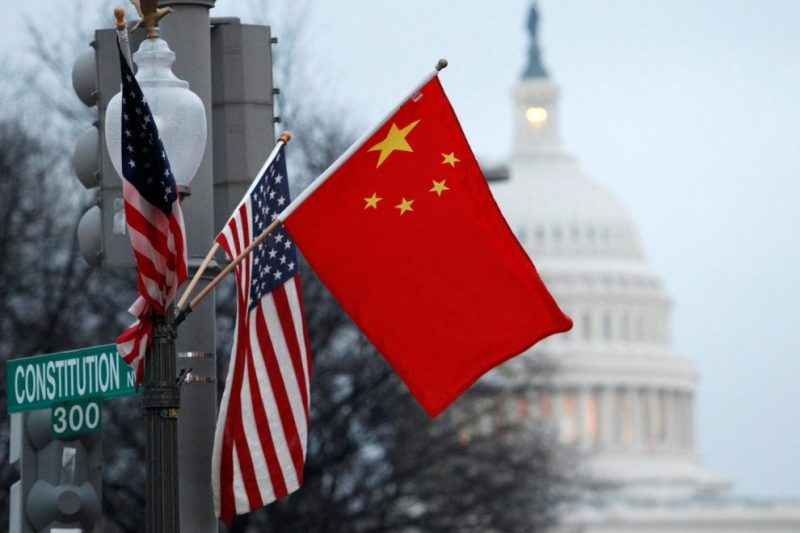The US House of Representatives narrowly passed a multi-billion-dollar bill designed to bolster competitiveness with China and boost US semiconductor production capacity. In a 222 to 210 vote, on February 4, Democrats passed the America COMPETES Act of 2022, with only one Republican voting in favor.
The Senate bill, the US Innovation and Competition Act, passed 68-32 in June 2021, with 18 Republicans voting in favour.
With the House version passed, the bill’s supporters in the House and Senate now must negotiate to make their two versions of the bill the same – not an easy task and not one that is guaranteed to succeed. The two chambers must agree on one bill, vote on both again, and then send the unified bill to President Biden. If Biden signs, it becomes law.
If the House and Senate cannot agree, the bill never makes it to the president’s desk, as seems to be the fate of the Build Back Better Act, for example.
But, backers of the America COMPETES Act remain optimistic.
“There is a lot of energy to get this done, so I believe it will get done and will probably look similar to the infrastructure bill where we were able to get pretty solid bipartisan support,” said Nick Martin, a spokesperson for Washington state representative Suzan DelBene, chair of the 97-member New Democrat Coalition and vice-chair of the House Ways & Means Committee, which has jurisdiction over trade policy.
The House bill includes $52 billion to subsidize semiconductor manufacturing and research of the key components used in autos and computers. It also allocates $45 billion over six years to ease supply chain problems that have exacerbated shortages.
It also includes changes to US trade regulations, such as strengthening anti-dumping rules, intended to counter what the US considers to be China’s market-distorting trade practices.
The bill would authorize $8 billion in US contributions to the Green Climate Fund, established by the Paris Agreement, to help developing countries cope with the implications of climate change.
Self-Sufficiency Goal
House Speaker Nancy Pelosi told reporters before the vote that she intended to begin negotiations with the Senate quickly.
“It is about making America… self-sufficient when it comes to the supply chain, so that we’re not depending on other countries,” she said.
House Republicans complain that Democrats did not include them in drafting the legislation. They harshly criticized climate provisions, claiming they could be used to help Beijing and accused Democrats of adding the China trade measure to the bill as a way to advance parts of Biden’s economic agenda that could not pass the Senate.
House Democrats said Republicans had refused to engage with them while they wrote the legislation.
- Reuters, with additional editing by Neal McGrath
READ MORE:
US Bill On Chip-Making And China Trade Is Close: Pelosi
US Chamber Calls For New Trade Deals, China Strategy
China Fell Short on Trade Pledge in Dilemma for Biden – WSJ
























